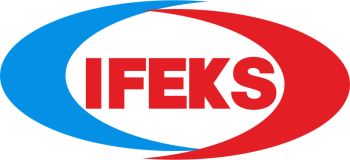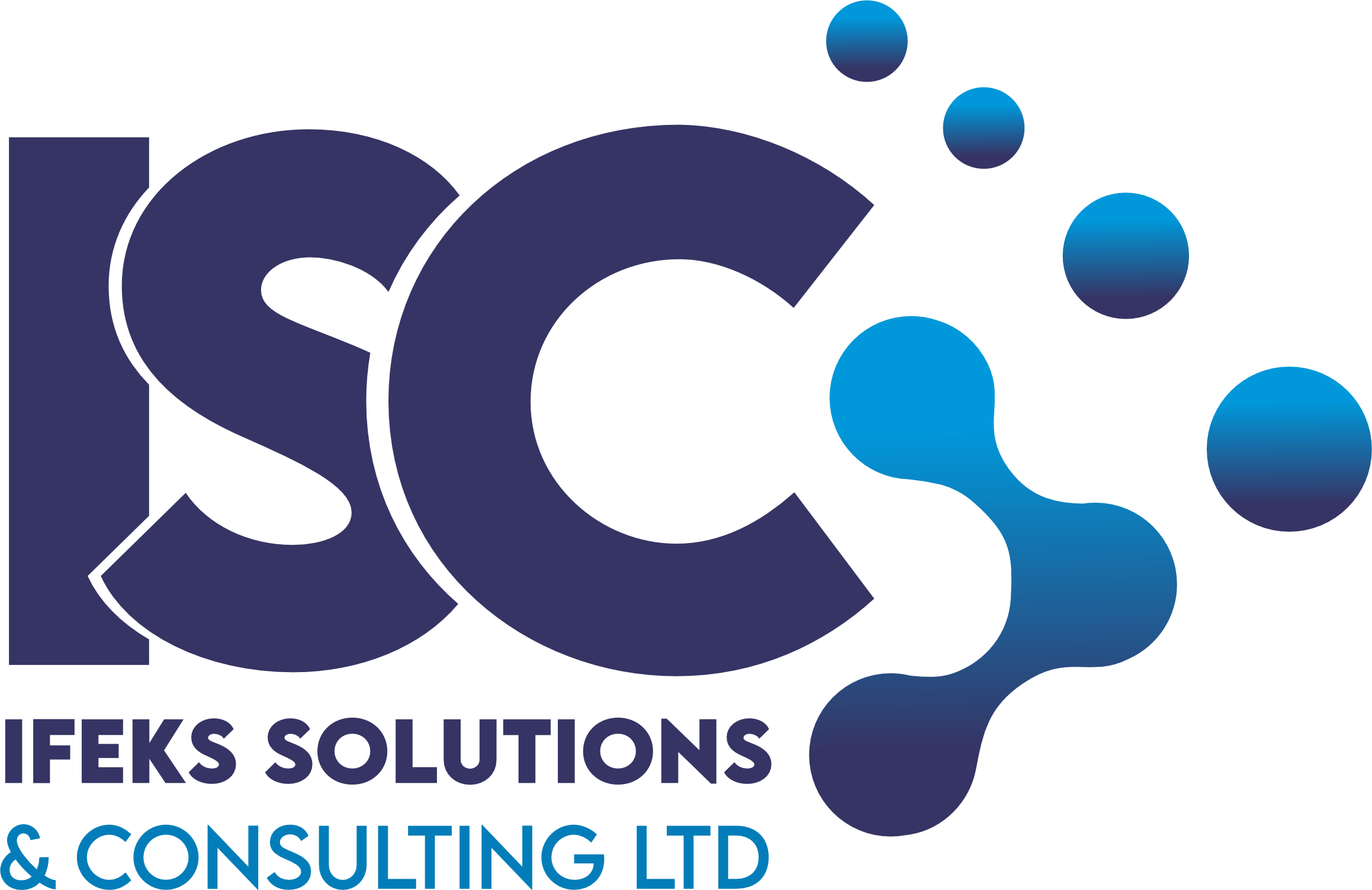
Imagine you’re a Nigerian business owner that wants to support Nigerian businesses by utilizing an IT company to produce and supply the solutions that your business needs. When you mention it to fellow business owners, you’re only discouraged and advised to port from China instead. After all, Nigerian products couldn’t possibly be up to world standards, right? Wrong.
This article will cover several areas; the Nigerian tech space, the regulations as well as the regulatory body that enforces the standards, the climate for tech entrepreneurs and the compliance of Nigerian tech to world standards.
Nigeria has made significant strides in technology over the past few years. Despite facing challenges such as inadequate infrastructure, low literacy rates, and limited funding, Nigerian tech entrepreneurs have managed to make their mark on the global stage by creating innovative products and services that meet world standards, especially in the areas of mobile technology, e-commerce, renewable energy and Artificial Intelligence (AI). The Nigerian tech industry has experienced significant growth over the last decade and is set to experience even more, as the Lagos Chamber of Commerce and Industry has projected that Information Communication Technology and the manufacturing sectors would be the major drivers of the economy in 2023.
With the growth and expansion of this industry, concern from its patrons and investors for quality and exportability rises to the fore. That is where the Standards Organization of Nigeria (SON) comes in.
The SON plays a vital role in ensuring that Nigerian-made technology meets world standards by setting standards, conducting testing and certification, carrying out test inspections and surveillance, and collaborating with international standards organizations. By doing so, SON helps to build confidence in Nigerian-made technology products and ensures that they can compete in global markets.
Innoson Motors is a shining example of a proudly Nigerian business that meets world standards in the automobile industry. The company’s commitment to international quality standards, locally sourced raw materials and labour, innovation, awards and recognition, and exportation have made it a force to reckon with in the African automobile industry.
Despite these successes, Nigerian technology still faces many challenges, a major one being the lack of infrastructure.
Nigeria’s power supply is erratic, and internet connectivity is often slow and unreliable, which can make it difficult for startups to operate effectively. Another challenge is the limited access to funding. Although there has been an increase in the number of investors interested in African tech, many startups still struggle to secure funding to scale their operations.
In terms of world standards, Nigerian technology still has some way to go. While Nigerian startups have made significant progress in addressing local challenges, they still lag behind their counterparts in more developed countries when it comes to innovation in emerging technologies such as artificial intelligence, blockchain, and the internet of things. This is partly due to the lack of education, resources and expertise in these areas.
Ifeks Solutions and Consulting Limited is a Nigerian-based IT solutions provider that offers a range of services, including software development, website design and development, mobile app development, digital marketing, and training and consulting services.
The company was founded in 2010 by Samuel Ifejokwu, a software engineer and entrepreneur, and is headquartered in Lagos, Nigeria.
The company has worked with a range of clients across various industries, including finance, healthcare, education, and government. Some of their notable clients include Eat N’Go (Domino’s Pizza), United Bank for Africa, and many others. The company has also been actively involved in corporate social responsibility initiatives, such as providing training and employment opportunities for young people in Nigeria.
The company’s services include software development, hardware design and construction, website design and development, mobile app development, digital marketing, and training and consulting services. They work with clients in a range of industries, including finance, healthcare, education, and government. In building the first 3D Cinema in Africa in 2011, they were lauded by international industry giants for their innovation; a world-class 3D cinema using a passive cinema view.
With the ATM for ATMs, they were the first technology company in Nigeria to successfully build a self-service hardware kiosk in collaboration with multinational partners for instant issuance of cards by banks.
The company has also been involved in corporate social responsibility initiatives. For example, they have partnered with several companies to provide IT and sales training opportunities for their staff. In terms of the company’s approach to delivering IT solutions, they emphasize the importance of understanding each client’s unique needs and business goals. They work closely with clients throughout the development process to ensure that the final product meets their expectations and requirements.
Despite facing numerous challenges such as poor infrastructure and limited access to funding, Nigerian tech startups have continued to make their mark on the global stage. Nigerian technology has come a long way in recent years, with companies like Ifeks making significant strides in addressing local challenges and gaining recognition on the global stage.
Due to this, Nigerian technology may not yet be on par with world standards in terms of presence. Concerning the technology that does however exist, there is no doubt that it is of exportable world standard and has the potential to grow and make an even greater impact in the future.


